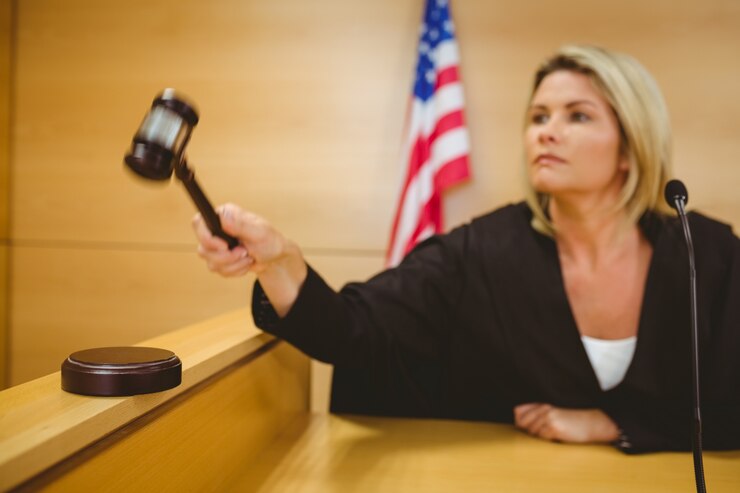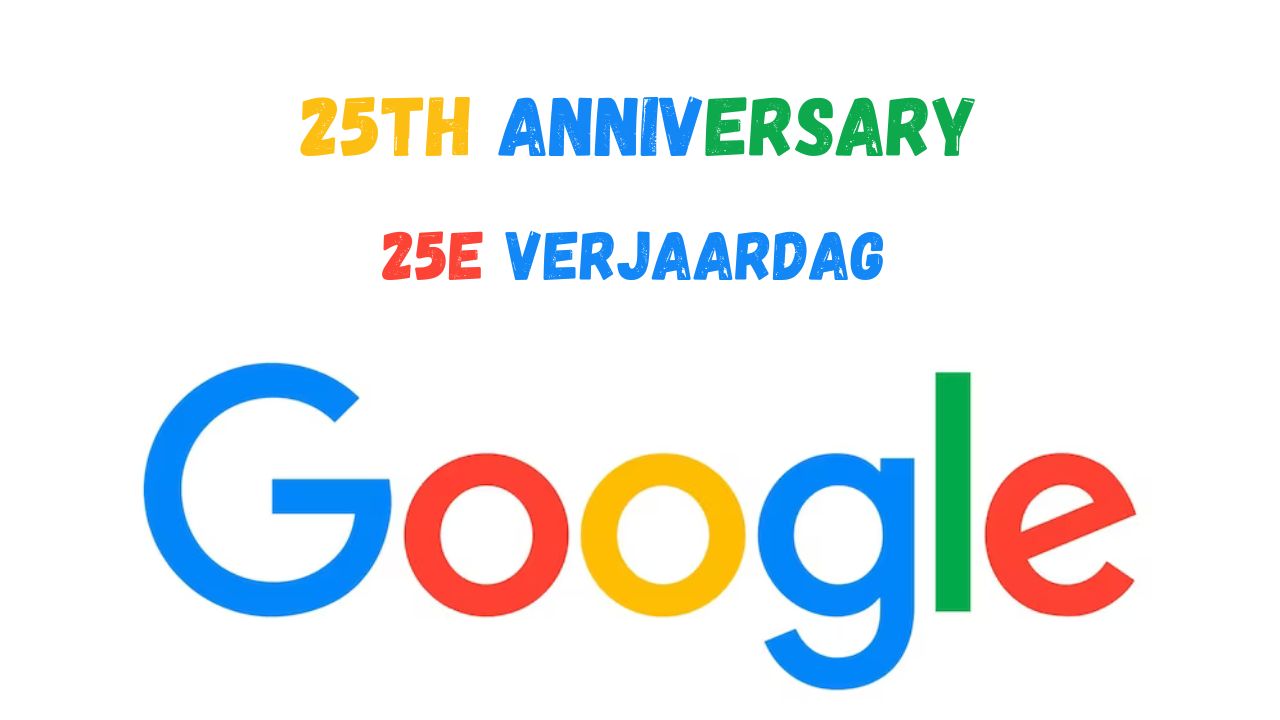Within academia, a high-stakes legal drama involves the esteemed University of Southern California (USC) and well-known researcher C.W. Park. The courtroom confrontation has drawn crowds anxious to see the battle between two powerful forces. This litigation will be a fight of the century because reputations are at stake and the ramifications go beyond college boundaries. Let us go into the fascinating specifics of this compelling story involving C.W. Park and USC.
Background on C.W. Park and USC
Renowned University of Southern California (USC) professor C.W. Park is used to the limelight in the academic community. Over his illustrious career in higher education, Park has played a key role in establishing USC as a top research and innovation university.
Park is an expert in diversity and inclusion, supporting fair chances for all pupils, irrespective of their origins. Both inside and outside of the university community, his effort has brought him respect and acclaim.
Conversely, USC is a mainstay of higher education, well-known for its demanding academic offerings and dedication to promoting a multicultural campus community. The institution takes great satisfaction in fostering equity and diversity while offering a top-notch education to its students.
The disagreement between C.W. Park and USC has rocked academic circles and sparked concerns about institutional responsibility and integrity. The stakes are enormous as this legal drama develops for the larger field of higher education as well as for those personally engaged.
What Led to the Lawsuit?
The case involving C.W. Park and USC is the result of a sequence of circumstances that led to legal action. It did not happen overnight. Allegations of prejudice and discrimination, made by Park, center the dispute. Park claims to have received unfair treatment because of her gender and color.
Trust and communication collapsed as Park felt isolated in the USC academic community. Both sides dug their heels in as what had begun as internal conflicts quickly turned into a full-scale court battle.
Litigation was inevitable as complaints grew and efforts at settlement failed. The lawsuit marks a turning point in which long-ignored problems are brought to light for the legal system to examine and render a decision.
As this high-stakes legal drama develops and reveals levels of intricacy underlying what led to this acrimonious conflict between C.W. Park and USC, all eyes are on the bench.
The Arguments from Both Sides
Both sides of the high-stakes legal drama involving C.W. Park and USC make strong points that have generated a great deal of discussion both inside and outside of the legal world.
USC maintains, on the one hand, that its admissions procedure is unbiased and fair, intended to preserve academic standards and choose applicants only based on merit. They contend that any meddling may jeopardize years of well-established procedures and the integrity of their organization.
On the other side, C.W. Park contends that there are institutionalized prejudices in USC’s admissions process that disadvantage particular applicant groups because of things like color or financial status. They say that in opposing these unfair procedures, they are promoting more diversity and equity in higher education.
It is yet unclear how either side will strengthen their case before the court as hostilities in this intricate legal dispute mount.
Potential Outcomes and Implications
For all sides engaged, the possible results of the legal drama between C.W. Park and USC are quite important. Should the court decide in C.W. Park’s favor, it might establish a standard for resolving prejudice and discrimination at universities.
On the other hand, should USC win, it would strengthen the current power structures in academia and cast doubt on responsibility and openness. Beyond only the parties involved, this case may have an impact on how colleges handle misbehavior accusations and diversity programs.
Stakeholders will be keenly watching how this high-stakes legal struggle unfolds, so the effects will be felt throughout the academic community regardless of the ultimate decision. Follow this compelling story as we go and investigate its far-reaching effects on higher education.
Public Opinion and Reactions
Mixed public opinion and responses to the C.W. Park v. USC legal drama have sparked heated discussions in both academic circles and social media. While some contend that the case creates a risky precedent for affirmative action practices, others feel that it throws a crucial light on problems of prejudice and discrimination in admissions to higher education.
The way this case develops is being widely watched since it may have an effect on the next diversity programs at colleges around the country. Whether C.W. Park’s accusations have any truth or are just an effort to damage USC’s reputation is up for debate among the public.
Passionate online defense of both sides’ perspectives by supporters creates a virtual battlefield of ideas and debates, which inflames emotions. Public opinion keeps changing during the trial, which is indicative of the case’s complexity and its effects on academics.
The result of this court case will influence how society perceives educational equality and might establish new benchmarks for openness in admissions procedures going ahead.
The Impact on Higher Education and Diversity
Talks on the effect of diversity and higher education have been spurred by the legal drama involving C.W. Park and USC. Many are asking as the case develops how this disagreement might influence academic procedures going forward.
Universities may come under more scrutiny as prejudice and bigotry become more well-known about their admissions procedures and handling of faculty members from different backgrounds. The decision of this lawsuit might establish a standard for responsibility in educational institutions throughout the nation.
In addition, stakeholders stressing the need to foster inclusive settings for all students and staff members are putting more of a focus on diversity initiatives in higher education. This case might be used as an impetus to review present diversity policy and advance equity in educational institutions.
It is evident from the growing hostilities surrounding these important topics that the ramifications go much beyond a single court decision and may change the face of higher education for many years to come.
Conclusion
The stakes are enormous and the consequences of the legal dispute between C.W. Park and USC go much beyond the walls of a courtroom. Important concerns with accountability, diversity, and prejudice in higher education institutions are brought to light by this case.











